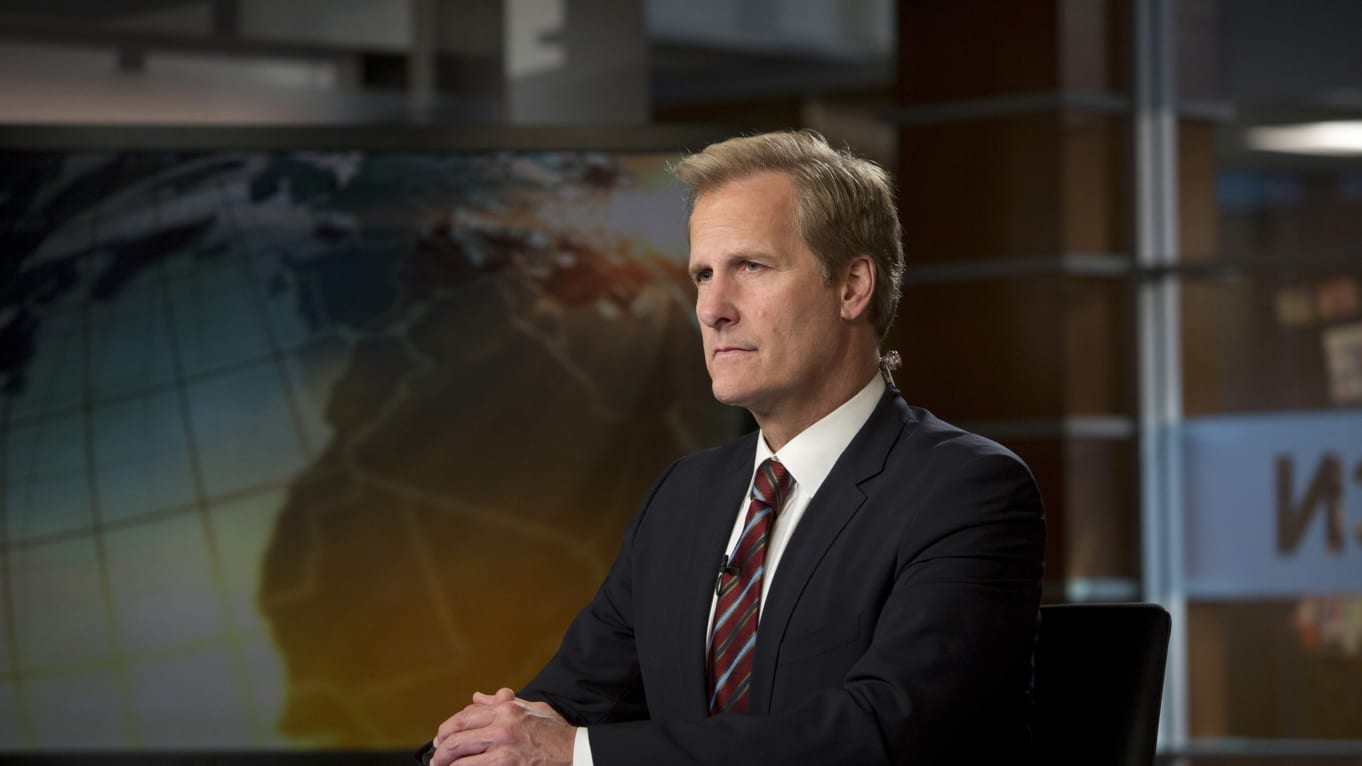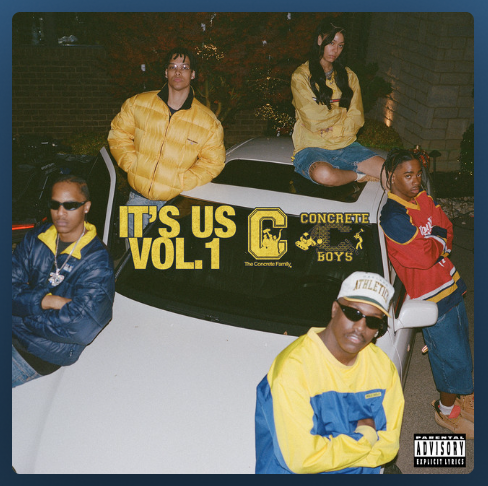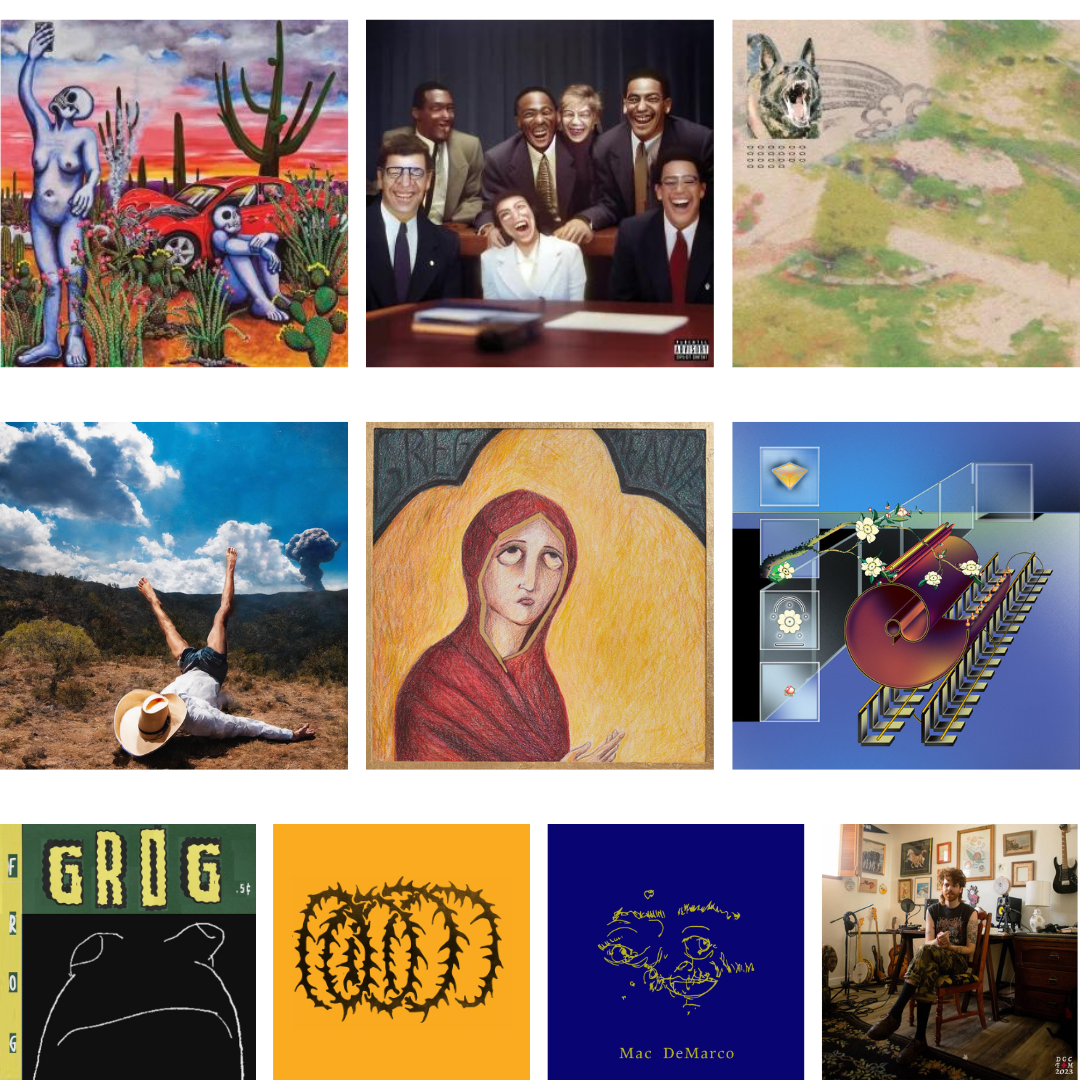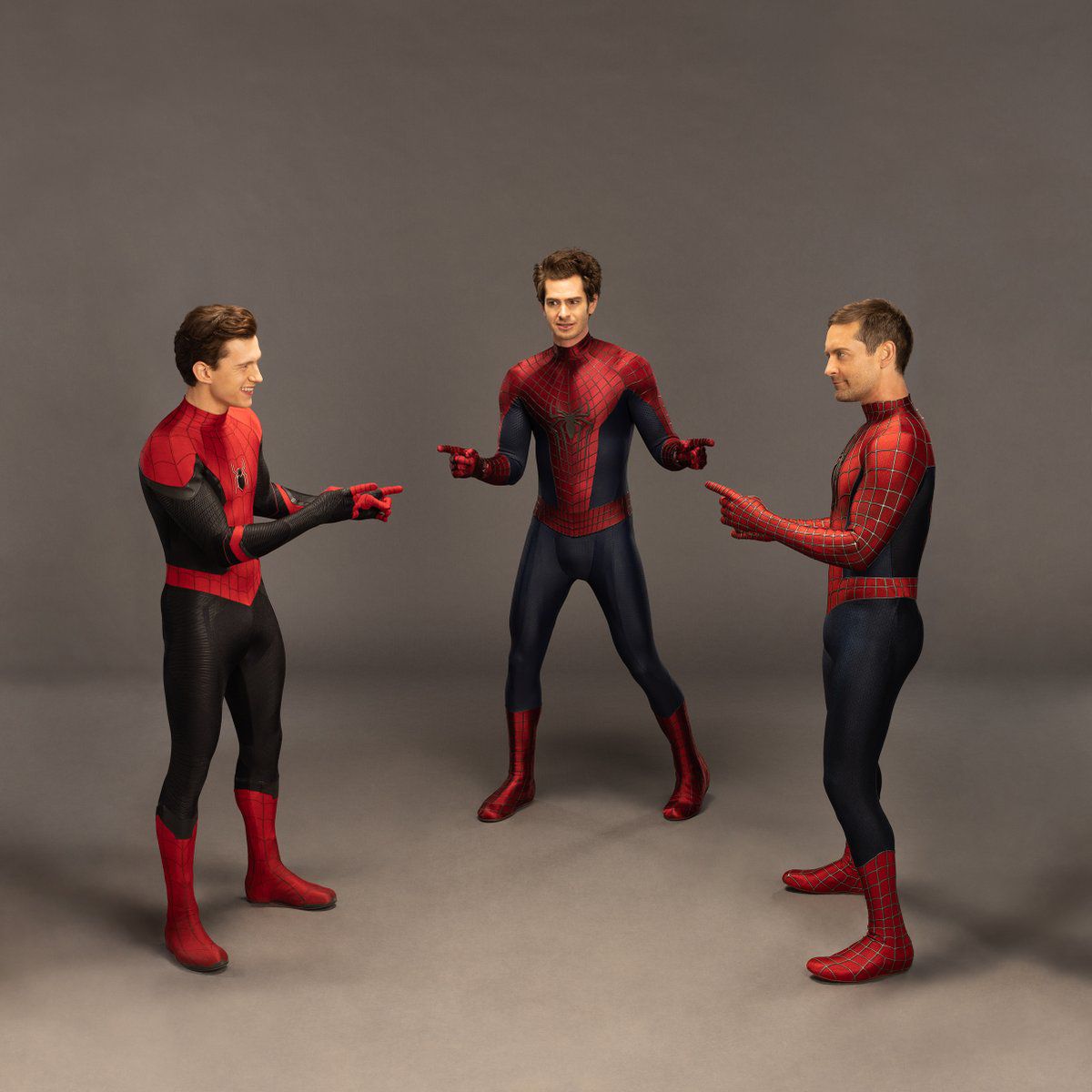Since 2020, America can be characterized by daily mass shootings, widespread distrust in “the media,” and a turbulent government highlighted by a seemingly endless battle between a bullheaded businessman with no political background and a confused, tired shell of an alternative.
Long removed are we from the patriotic days of inspiring heroes like John F. Kennedy fighting for our rights under constant constructive scrutiny from the journalistic greats of Bob Woodward, Carl Bernstein, and the once “most trusted man in America,” Walter Cronkite. We no longer engage in a civil political discourse, but rather all-out war with the other side amid constant echoes of “the problems with the media.”
Although in recent years we’ve witnessed unprecedented crises, this is not the first time parties are drastically opposed, people are looking to act out or place blame, distrust in the media spreads due to wrong or lacking information, and the common person becomes suddenly caught up in the constant stream of noise and empty promises from whomever they decide is the lesser evil.
In 2012, on the heels of masterpieces like “The Social Network” and “The West Wing,” award-winning writer Aaron Sorkin created a show about a hypothetical broadcast news network that avoided the bias and fluff typically present in news to deliver nothing but facts and good journalism to the country.
“The Newsroom” features a popular and well-liked anchor Will McAvoy (Jeff Daniels) as he works under senior producer, and ex-girlfriend, MacKenzie McHale (Emily Mortimer) to get the people the good information they deserve with their team of dedicated, yet sometimes clumsy, reporters.
Although released in 2012, the show takes place beginning in 2010 and attempts to depict how real historical events could have been covered such as the killing of Osama Bin-Laden, the rise of the tea party, or the 2012 presidential race between Barack Obama and Mitt Romney.
At the start of the first episode, McAvoy is a member of a panel and is asked “can you say why America is the greatest country in the world.”
After a few quips, McAvoy responds that “it’s not the greatest country in the world professor.”
McAvoy alludes to the plethora of statistical evidence describing all the areas that this “great” country is lacking in what New York Times reporter Alessandra Stanley mocked as a “profane, eloquent, Sorkinesque rant against pat jingoism and willful ignorance.”
Although Stanley may have thought the show to be overwritten and sometimes containing corny dialogue, it is unavoidable that the “jingoism,” or aggressive patriotism, that McAvoy protests has been a recurring problematic theme time and again throughout American history
McAvoy also made a point of how we used to fight for a different set of values.
Unfortunately, we’ve diverged from such a moral code and all sides of the political spectrum seem more prideful and vehemently opinionated as ever. We’ve all been able to bear witness to the dangerous results of mixing loaded language with devout supporters who feel unmoving in their version of truth.
As mentioned, a major storyline in the first season is McAvoy’s rigorous coverage of the populist tea party movement where he scrutinizes congressman after congressman with the important questions because he finds it necessary for people to have access to the most crucial information. He does not want a party in power built on brash policies and overly conservative decision making that could have potentially harmful implications for the American people.
McAvoy finds such a problem with a party diverging from their traditional values and losing focus of the right goals that on air he said, “the most conservative republicans today aren’t republicans,” and goes on to criticize their use of dangerous rhetoric, eventually describing the movement in terms of their inciteful language as “the American Taliban.”
I didn’t watch “The Newsroom” as it aired in 2012, I watched it in 2022. Somehow, watching hypothetical coverage of a political era I was too young to understand felt perfectly relatable.
Though the never-ending conveyer belt of growing pride and lack of trust seems inevitable, the first step in reversing it means rationally obtaining the necessary information to make a decision not to buy in. Anyone can say they don’t trust the overarching media or don’t care for politics, but without intentional intervention, the belt rolls on.
At one point McHale states her reasoning for producing their broadcast specifically.
“The key to democracy is a well-informed electorate,” McHale said. “When there is no information, or much worse, wrong information, it can lead to calamitous decisions that clobber any attempts at vigorous debate.”







